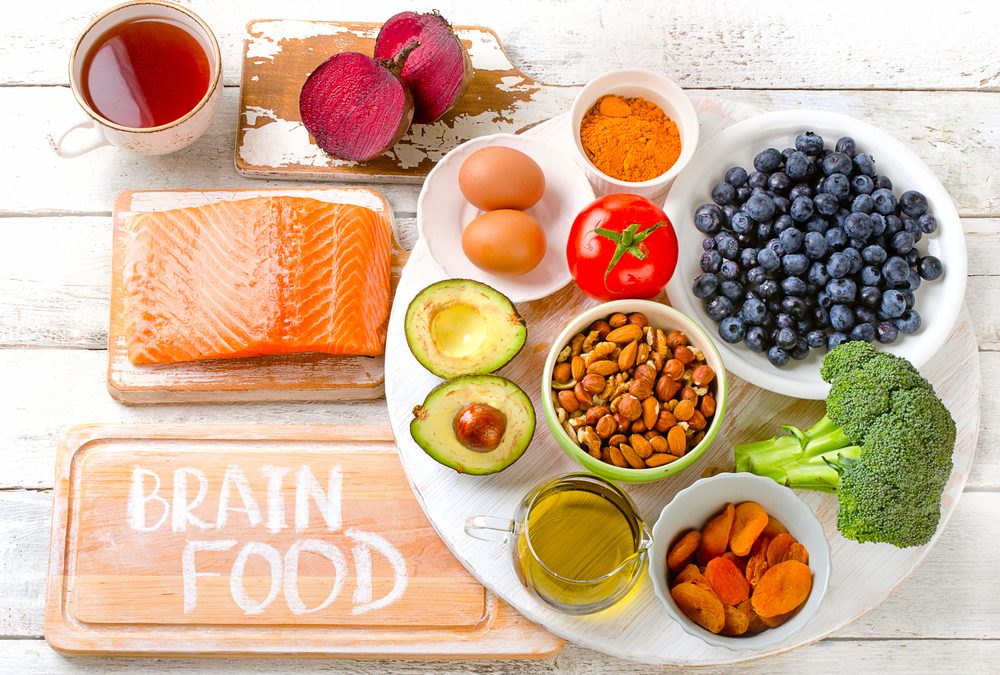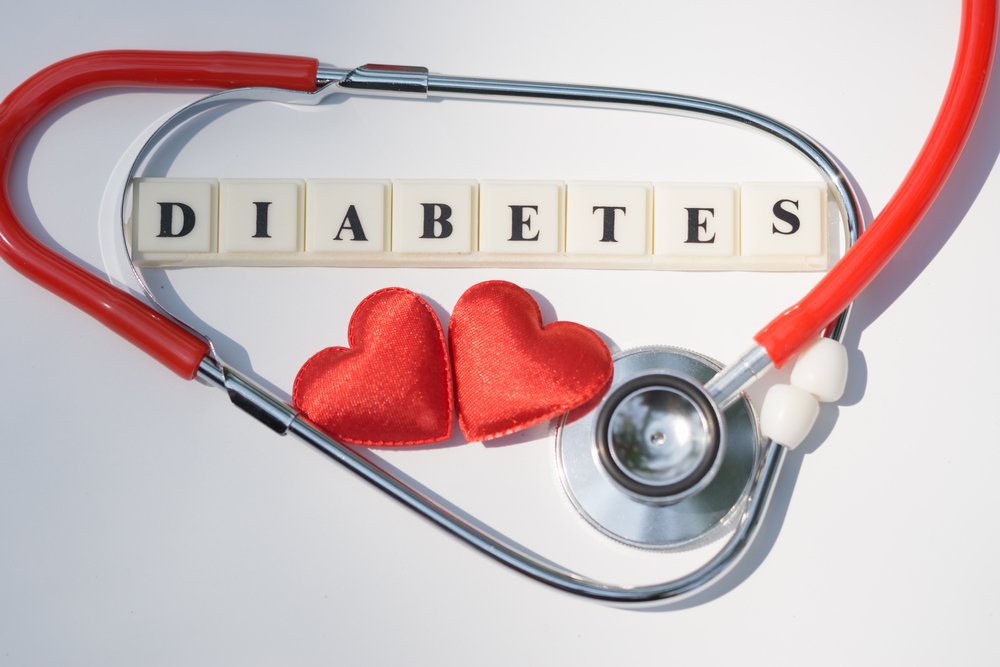By OmegaQuant
A new, comprehensive look at the science has a clear message for families: eating seafood during pregnancy and childhood is linked to better brain and behavioral outcomes—with benefits seen from modest intakes and continuing at higher amounts. OmegaQuant’s William S. Harris, PhD joined a broad technical expert panel to systematically review the fast-growing research and answer two big questions for the 2020 Dietary Guidelines Advisory Committee (DGAC).
Why This Review Matters
With dozens of new studies published in recent years, the panel used the USDA’s Nutrition Evidence Systematic Review process to reassess how seafood intake relates to neurocognitive development in:
-
Pregnancy & lactation → infant/child outcomes
-
Childhood & adolescence → the child’s own outcomes
Scope: 45 publications, 102,944 mother–child pairs; 16,446 children and adolescents.
Core Conclusions (Pregnancy & Lactation)
H2: More Seafood, Better Outcomes—Even Beyond 12 oz/week
Moderate, consistent evidence shows that eating a wide range of amounts and types of commercially available seafood during pregnancy is linked to improved neurocognitive development versus eating none. Benefits:
-
Begin around ~4 oz/week
-
Continue above 12 oz/week (with some studies extending past 100 oz/week)
Notably, across all reviewed studies, no adverse neurocognitive effects were reported at higher seafood intakes.
H3: Mercury Concerns—Contextualized
Seven studies (45,957 pairs) found that higher measured mercury—likely acting as a proxy for greater seafood consumption—was still associated with better neurocognitive outcomes. In real-world diets, the net nutritional benefits outweighed potential mercury risks.
Implication: Current FDA/EPA guidance (8–12 oz/week, lower-mercury fish) is conservative; the evidence base reviewed did not support an upper limit of 12 oz/week for neurocognitive safety.
Core Conclusions (Childhood & Adolescence)
H2: Kids Who Eat Seafood Perform Better
Moderate, consistent evidence indicates children eating >4 oz/week, and likely >12 oz/week, show beneficial associations across a wide spectrum of neurocognitive outcomes (e.g., language, memory, attention, academic skills).
What the Benefits Look Like (Highlights)
H2: Quantified Gains
-
~7.7 IQ-point advantage in children whose mothers ate seafood during pregnancy vs. those who didn’t.
H3: From Newborn to Teen Years
-
Birth to 14 months: improved reflexes, coordination, attention, earlier milestones, better language and adaptive behavior.
-
14 months to 9 years: stronger communication, motor and language skills, stereoscopic vision, memory, IQ, social development, lower ADHD-related risk.
-
Benefits were often dose-responsive, with many studies showing largest effects above 12 oz/week.
Zooming In on Omega-3s and the Infant Brain
H2: DHA Intake Tied to Bigger Brain Regions
A Cerebral Cortex study linked higher maternal omega-3 intake to greater infant brain voxel volumes, especially in the frontal lobes and corpus callosum—regions crucial for executive function and connectivity. Future research will probe how these structural differences translate to developmental performance.
Personalized Nutrition: Omega-3s and ADHD
H2: EPA Helps—When Levels Are Low
In a Translational Psychiatry RCT (n=92, ages 6–18), 1.2 g/day EPA for 12 weeks:
-
Improved attention and vigilance in children with low baseline EPA
-
No benefit in those with normal/high EPA; possible worsening of impulsivity when pre-existing EPA was high
Takeaway: Consider testing status (e.g., Omega-3 Index) to target supplementation to those most likely to benefit.
Practical Guidance for Families
H2: During Pregnancy & Breastfeeding
-
Aim for at least 8 oz/week of varied seafood; evidence supports benefits beyond 12 oz/week.
-
Emphasize omega-3-rich choices (e.g., salmon, sardines, herring, trout).
-
If diet falls short, discuss DHA/EPA supplementation with your clinician; consider tracking with the Omega-3 Index.
H2: For Kids & Teens
-
Serve seafood weekly; strive for >4 oz/week (and potentially >12 oz/week) as age-appropriate portions allow.
-
Think simple: tuna or salmon sandwiches, fish tacos, baked fish sticks, sardines on crackers.
H2: Safety in Perspective
-
The reviewed evidence found no neurocognitive harm from higher seafood intakes in typical commercial varieties; real-world nutrition outweighed mercury concerns in these studies.
Bottom Line
Eating seafood during pregnancy and throughout childhood is consistently linked with better brain and behavioral outcomes—with benefits beginning at low intakes and often increasing with more. Pair real food (seafood) with status-guided omega-3 strategies where needed, and you’re stacking the deck for healthy neurodevelopment.




